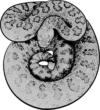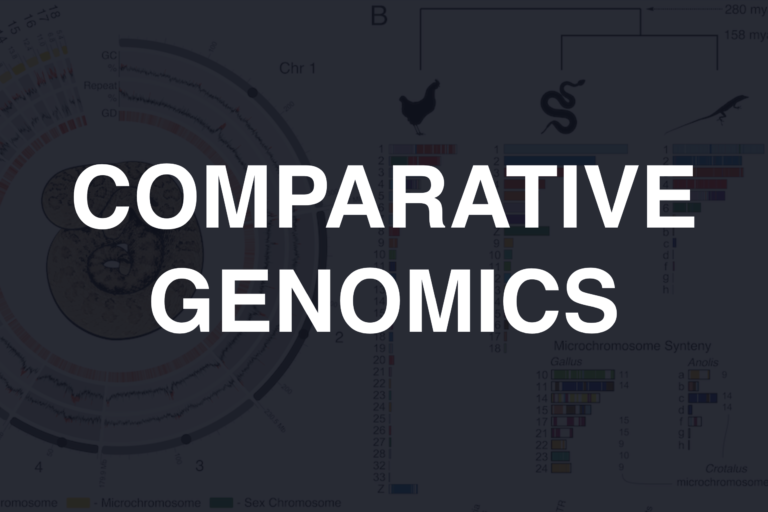
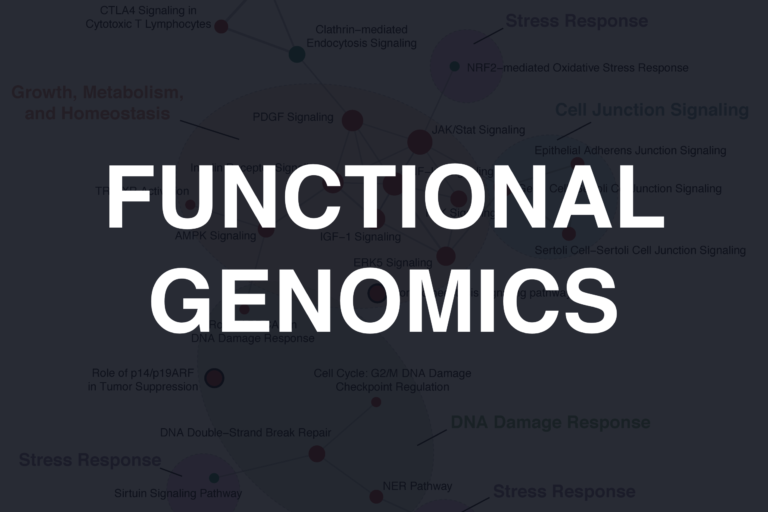
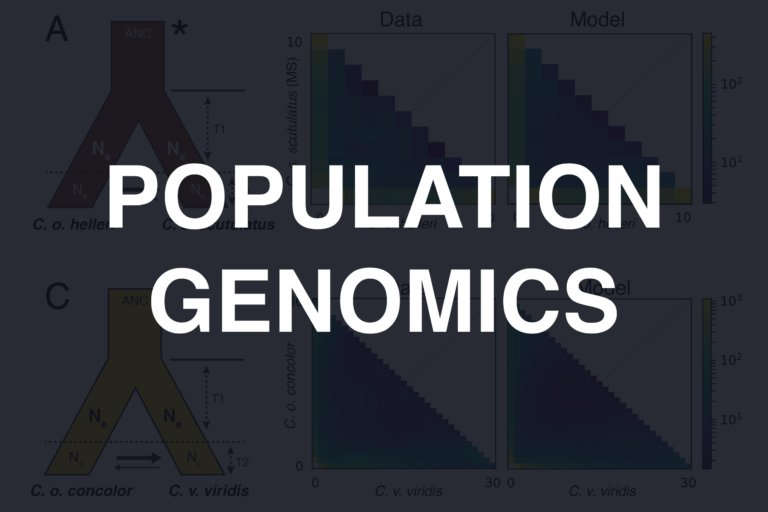
Research in the lab
Our laboratory studies genome biology and evolutionary genomics using integrative approaches and vertebrates and invertebrate parasites as model systems. Our research addresses fundamental questions in genome biology and evolution including how novel gene regulatory networks evolve and function, how vertebrates control regenerative growth, how multiple synergistic processes shape genome structure and function, and how synergistic evolutionary processes result in speciation. These basic questions typically leverage snakes as model systems because they possess many extreme and unique phenotypic and genomic characteristics that make them particularly powerful models for such comparative studies. Our work on schistosome parasites addresses more applied questions about how control efforts may drive distinct patterns of transmission and natural selection. We also work collaboratively on a diversity of other topics, including COVID evolution, optimization of antibiotic compounds, the roles of stress response pathways and epigenomics of trans-generational plasticity. Thus, our work addresses a diversity of questions, some of which have strong relevance to human biology and human health, while other questions target broader biological understanding of how genomes evolve, how genomes function, and how extreme traits evolve. Research in our lab involves both the generation and integrated computational analysis of diverse ‘omic’-scale datasets (including large population genomic datasets, functional genomics datasets, and single-cell omic datasets), and often lead us to develop new theory and new computational approaches that have broad relevance beyond our own research. Given the breadth of techniques and questions in the lab, a great diversity of personal interests of graduate or undergraduate research can be accommodated.
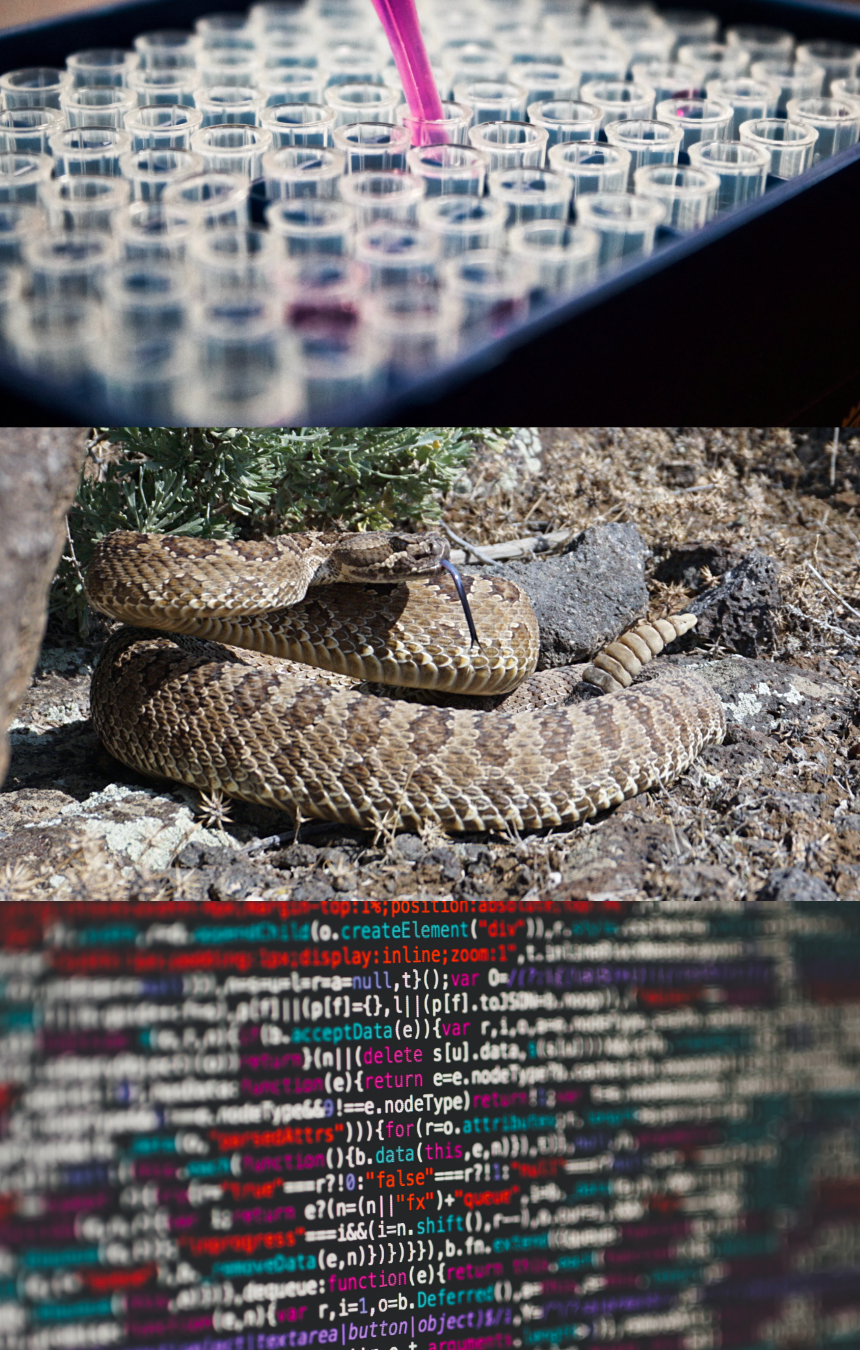
News and Updates
Recent Lab News
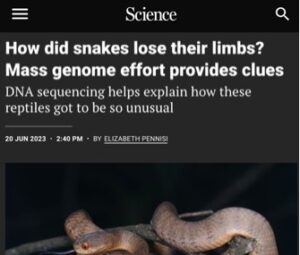
Quotes from Todd in Science Magazine this week on new snake genomes
A few brief quote from Todd in today’s issue of Science Magazine, in a news
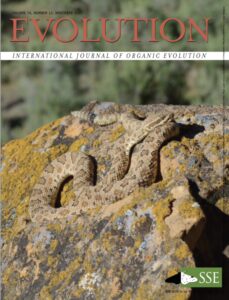
Nikolakis et. al. Genomics of hybrids study on the cover of Evolution
Congrats to PhD student Zach Nikolakis and other coauthors for their recent paper in Evolution
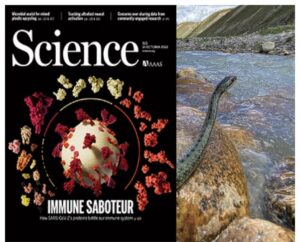
Quotes from Todd in Science Magazine this week
Extremely brief quote from Todd in today’s issue of Science Magazine, in a news commentary

Blair Perry graduates with his Ph.D., and is awarded NSF Postdoctoral Fellowship to study bear hibernation at Washington State U
Multiple congrats are due to Blair, who defended his Ph.D. in May, was a postdoc
Recent Featured Publications
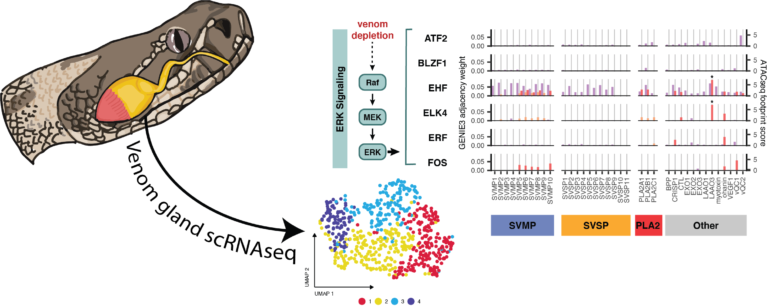
New paper in Genome Biology and Evolution on snake venom suggests how gene regulatory networks may evolve single cell heterogeneity
Congrats to Castoe lab PhD students Aundrea Westfall, Sid Gopalan and other coauthors for their recent paper in Genome Biology
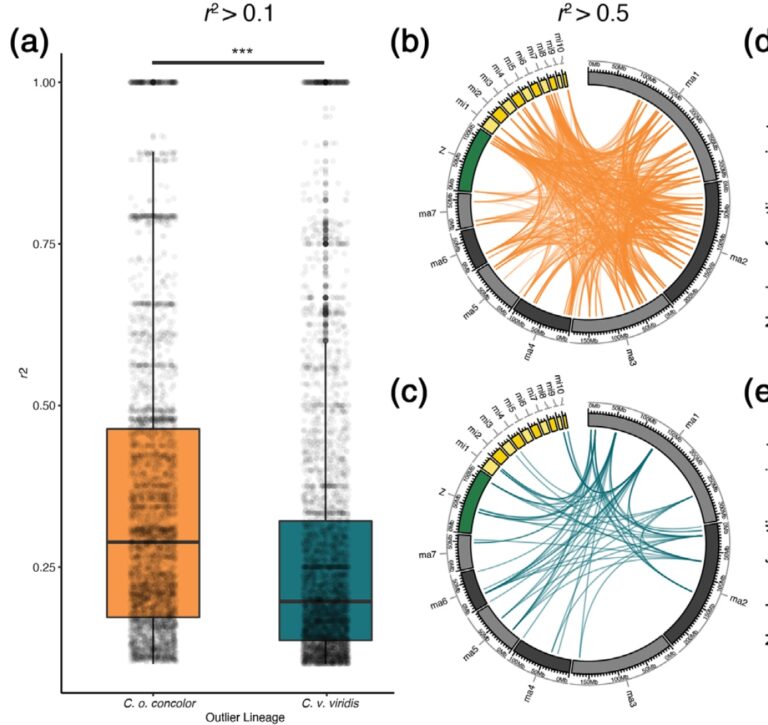
New Paper in Evolution on evolutionary processes shaping hybrid genomes
Congrats to Zach Nikolakis, and other coauthors on a new paper in Evolution, focused on discerning distinct evolutionary processes that
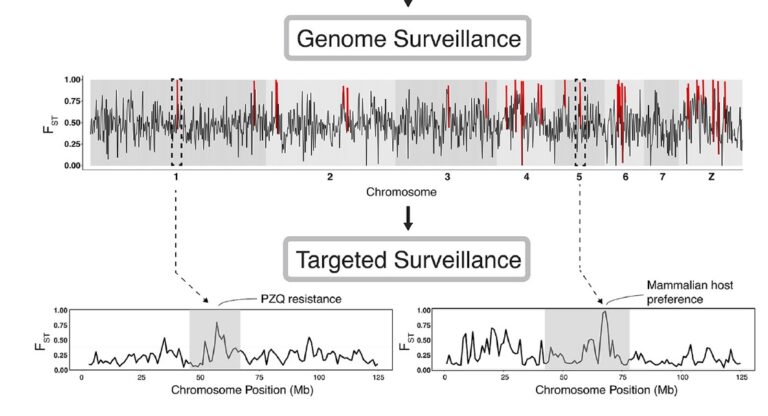
Trio of papers highlighting progress and perspectives on Schistosomiasis control through integration of genomic and epidemiological data
Congrats to Zach Nikolakis, and other coauthors within the lab and at the University of Colorado School of Medicine (Pollock
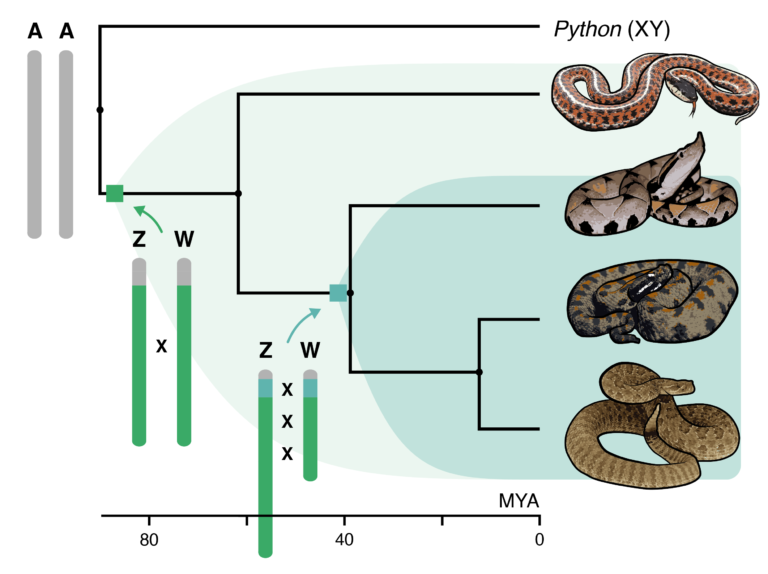
New paper in GBE provides first characterization of a snake W-chromosome: a GC-rich retroelement refugium with retained gene function across ancient evolutionary strata
Congrats to lab alum Drew Schield and other current and former students (Aundrea Westfall, Blair Perry, Daren Card, and Giulia
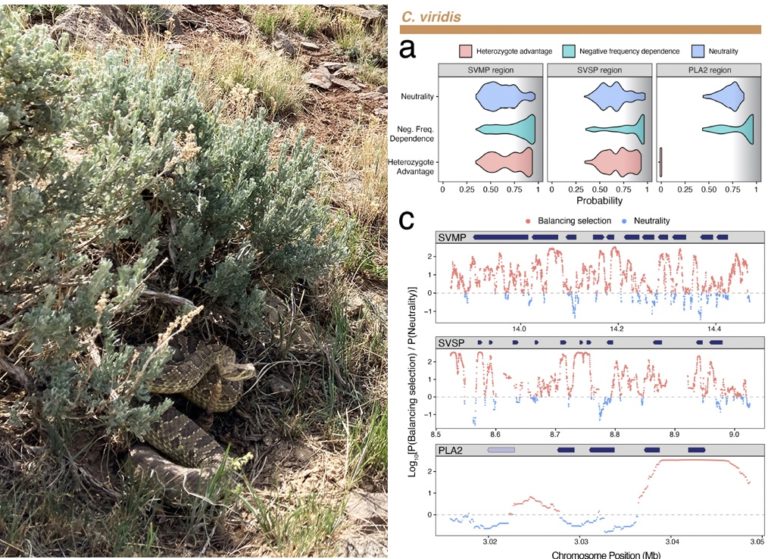
New paper in Nature Ecology & Evolution provides population genomic evidence of pervasive balancing selection driving snake venom variation
Congrats to lab alum Drew Schield and other current and former students (Sid Gopalan, Blair Perry, Rich Adams) on a
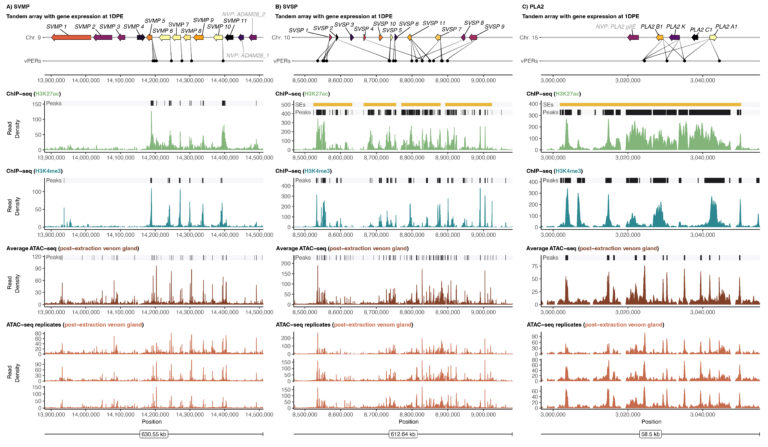
New paper in Genome Research identifies the evolutionary origins of novel regulatory networks that underlie snake venom expression
Congrats to lab alumni Blair, Drew, and Giulia, current lab members Sid and Aundrea, and collaborators, on a new paper
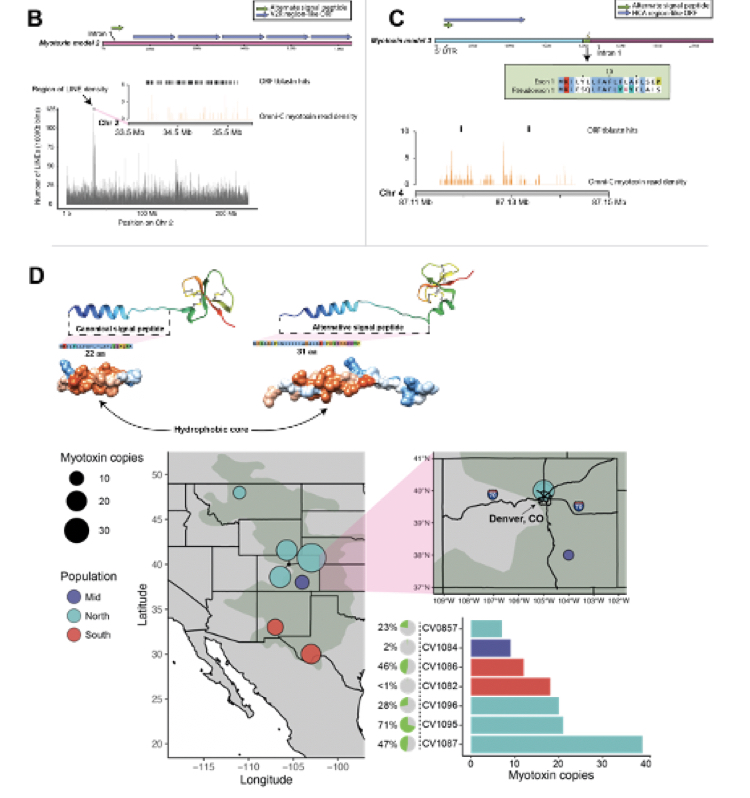
New paper in Toxicon identifies origins, copy number variation, and regulation of snake venom myotoxins and related lnRNAs
Congrats to PhD student Sid Gopalan, and lab alum Blair and Drew, on a new paper that identifies the evolutionary
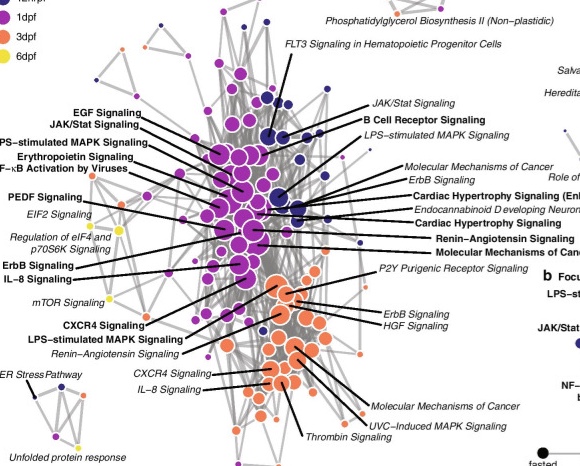
New paper in BMC Genomics identifies an integrated stress and growth response ‘switch’ that directs vertebrate regeneration
Congrats to Ph.D. student Andrea Westfall, lab alumni Blair, Drew, and Nicky, and collaborators, on a new paper that uses
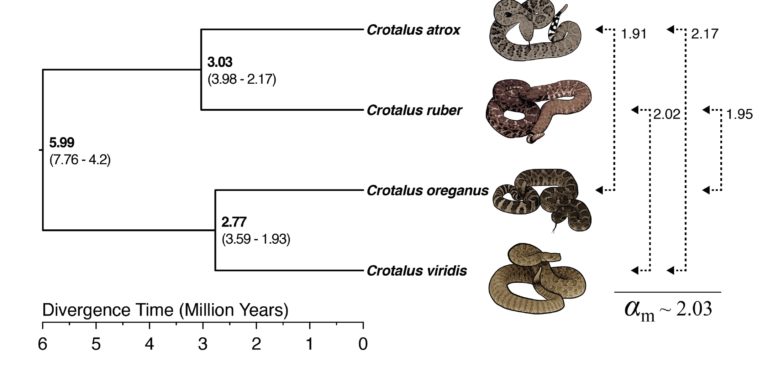
New paper in Heredity confirms male-biased mutation rates in snakes using population genomic data
Congrats to lab alumni Drew Schield, and lab members Blair and Zach, on a new paper that uses population genomic
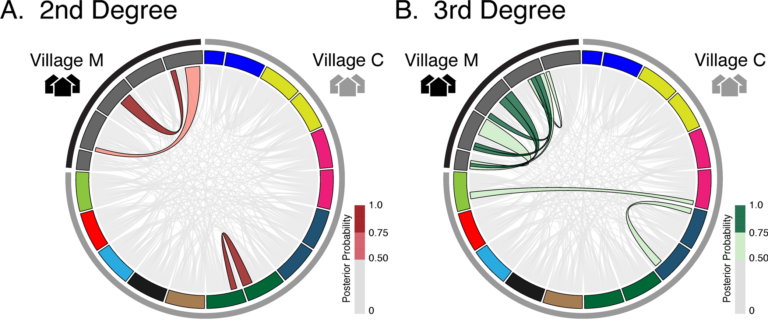
New paper in PLOS Neglected Tropical Diseases – patterns of relatedness and genetic diversity in Schistosoma parasites
Our paper using whole genome sequencing of archival Schistosoma japonicum miracida samples to study patterns of relatedness, genetic diversity, and
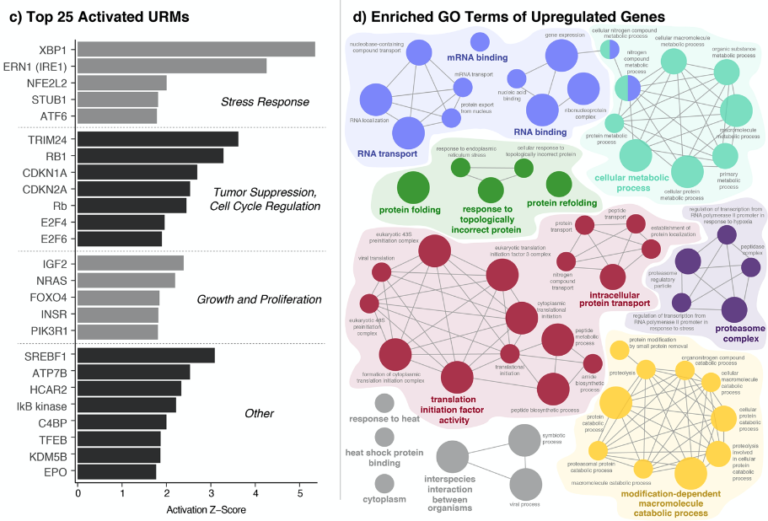
New Paper in Scientific Reports – Physiological demands and signaling associated with snake venom production and storage
Our paper using gene expression to characterize venom gland physiology has been accepted at Scientific Reports! Congrats to Blair, Drew,
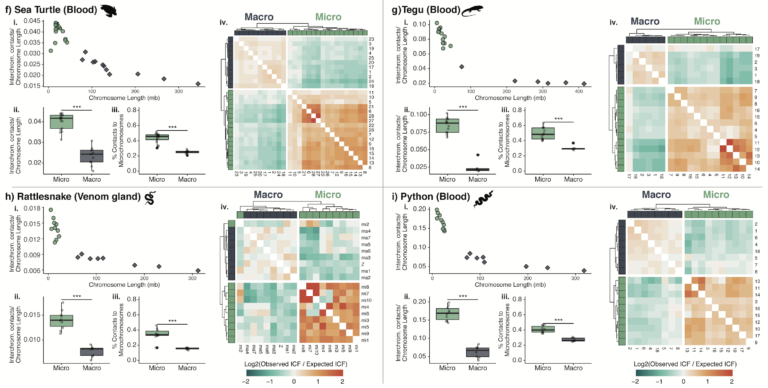
New Paper in MBE – Microchromosomes exhibit distinct features of vertebrate chromosome structure and function
Our paper detailing unique features of microchromosome structure and function has been accepted at Molecular Biology and Evolution! Congratulations to
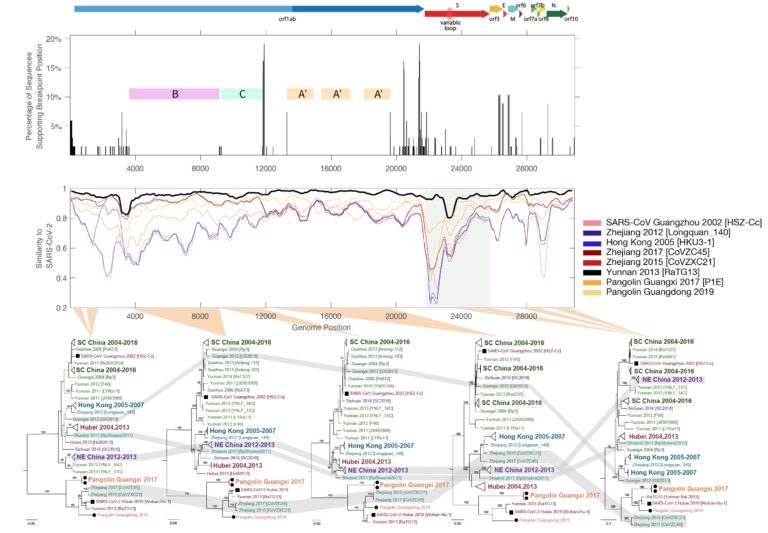
New paper in Nature Microbiology – Evolutionary origins of the SARS-CoV-2 lineage responsible for CoV-19, and re-analysis of codon usage data falsely implicating snakes as hosts
New collaborative manuscript on the origins of the virus causing COVID-19. Boni, M.F., P. Lemey, X. Jiang, T. Tsan-Yuk Lam,
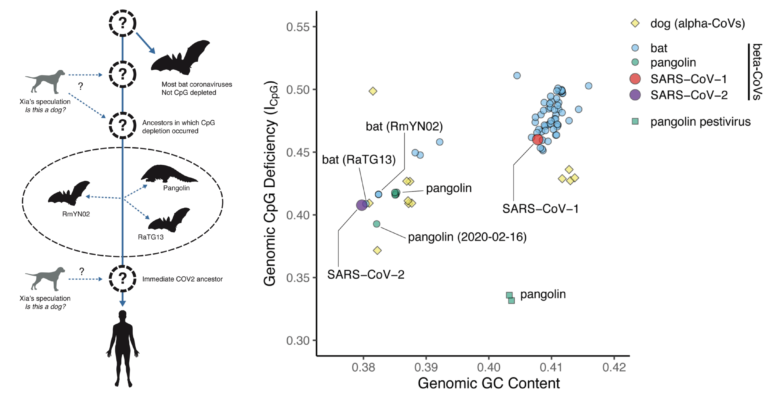
New paper in MBE – No evidence that dogs were intermediate hosts for SARS-CoV-2
Our paper refuting the findings of a study published earlier this year that cited dogs as likely intermediate hosts of
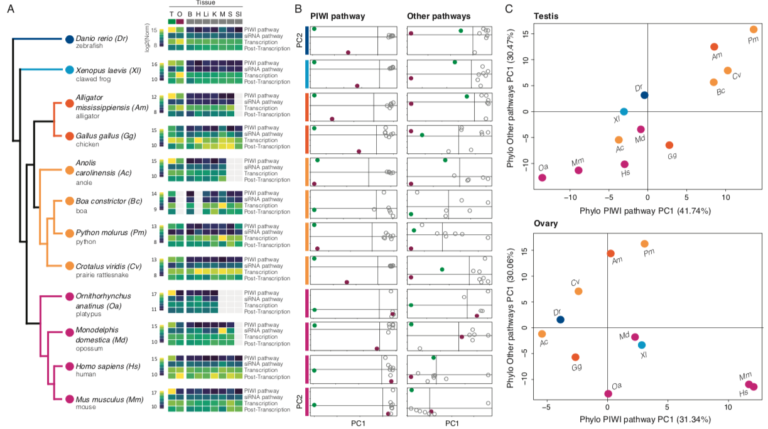
New paper in GBE – Patterns of transposable element expression and regulation across vertebrates
Our paper comparing patterns of TE expression and regulation across multiple tissues and multiple vertebrate species has been accepted at
